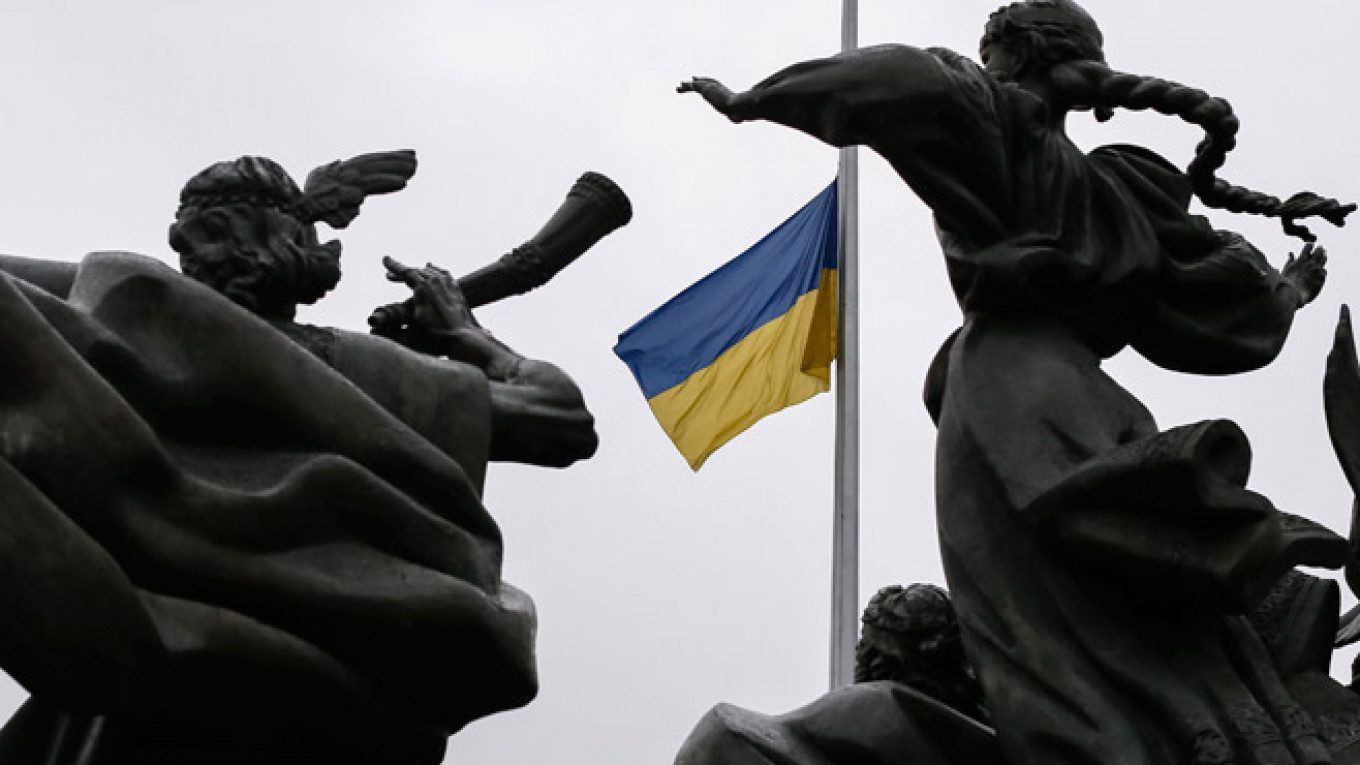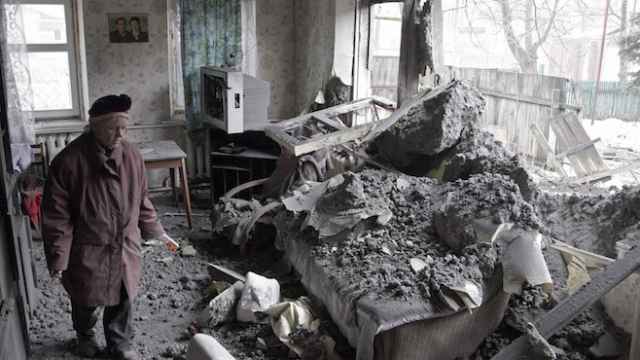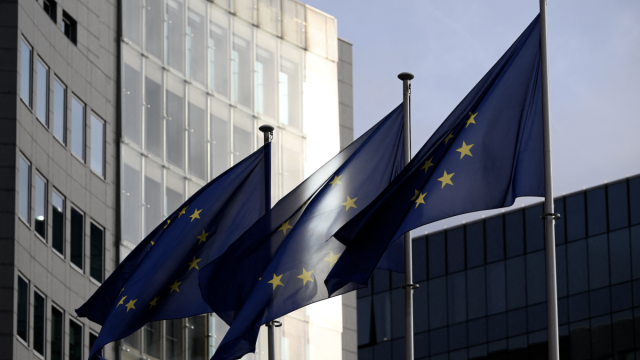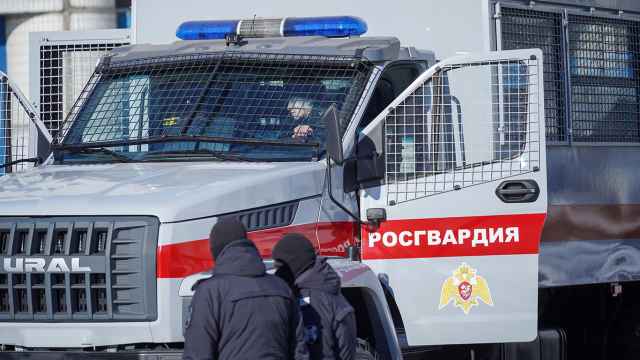With the fallout of Western sanctions felt by a vast majority of Russians, one in five think that Moscow should make concessions in its policies toward Ukraine, but nearly seven in 10 believe that their country should continue its course, a respected Russian pollster said Tuesday.
A total of 79 percent of respondents said sanctions have affected their lives, including 34 percent who said they experienced "serious problems," according to a survey by the independent Levada Center pollster.
Slightly more than one in five Russians, or 21 percent, said Moscow should look for a compromise and make concessions to have the sanctions eased, but another 69 percent said their country should continue its course despite Western measures, the pollster said.
The poll was conducted on Jan. 23-26 among 1,600 people in 134 of Russia's cities and towns, the pollster said, adding that the statistical margin of error was no more than 3.4 percentage points.
Another poll, conducted on the same dates and released by Levada Center on Monday, indicated that inflation, which has soared amid Western sanctions, has emerged as by far the strongest concern for many Russians.
Economic concerns topped the list of Russians' worries, with price increases named as the main trouble by 41 percent of respondents, followed by a decline of living standards, named by 16 percent, and the "devaluation of money" and the fall of the ruble, named as the main problem by 15 percent, according to a Levada Center report.
In a subjective evaluation of the rate of price increases, a majority of respondents, or 54 percent, said the cost of goods their family buys has grown at a rate of between 15 percent and 50 percent, the poll indicated.
Another 23 percent said the price of goods bought by their family has increased by up to 100 percent, while 9 percent reported a perceived price increase of less than 15 percent, the poll indicated.
Contact the author at [email protected]
A Message from The Moscow Times:
Dear readers,
We are facing unprecedented challenges. Russia's Prosecutor General's Office has designated The Moscow Times as an "undesirable" organization, criminalizing our work and putting our staff at risk of prosecution. This follows our earlier unjust labeling as a "foreign agent."
These actions are direct attempts to silence independent journalism in Russia. The authorities claim our work "discredits the decisions of the Russian leadership." We see things differently: we strive to provide accurate, unbiased reporting on Russia.
We, the journalists of The Moscow Times, refuse to be silenced. But to continue our work, we need your help.
Your support, no matter how small, makes a world of difference. If you can, please support us monthly starting from just $2. It's quick to set up, and every contribution makes a significant impact.
By supporting The Moscow Times, you're defending open, independent journalism in the face of repression. Thank you for standing with us.
Remind me later.






